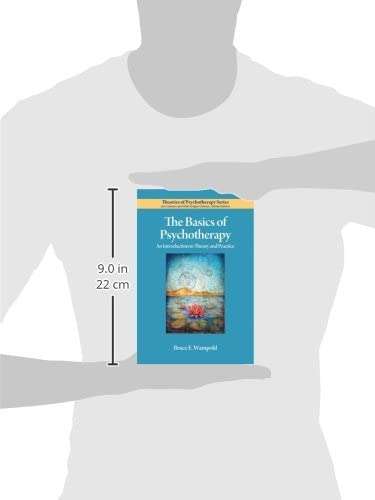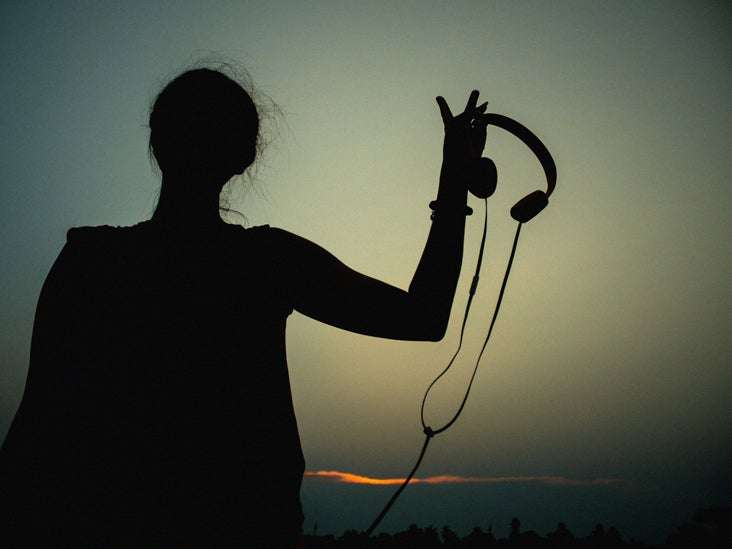Bruce E. Wampold, PhD, is Professor Emeritus of Counseling Psychology at the University of Wisconsin–Madison, director of the Research Institute at Modum Bad Psychiatric Center in Vikersund, Norway, and chief scientist of Theravue, an electronic platform for deliberate practice and therapist improvement. He is a fellow of the American Psychological Association (Divisions 12, Society of Clinical Psychology; 17, Society of Counseling Psychology; 29, Society for the Advancement of Psychotherapy; and 45, Society for the Psychological Study of Culture, Ethnicity and Race) and is board certified in counseling psychology by the American Board of Professional Psychology. The author of more than 200 books, chapters, and articles related to counseling, psychotherapy, statistics, and research methods, Dr. Wampold also has received awards, including the 2007 Distinguished Professional Contributions to Applied Research Award from the American Psychological Association, the Distinguished Research Career Award from the Society for Psychotherapy Research, and an Honorary Doctorate from Stockholm University. He is general vice-president and president-elect of the Society of Psychotherapy Research. Dr. Wampold has contributed to various areas related to psychotherapy, including relative efficacy of various approaches, therapist effects, the therapeutic alliance, placebo effects in medicine and in psychotherapy, trajectories of change, multicultural competence, and expertise in psychotherapy. His analysis of empirical evidence, which has led to the development of a contextual model from which to understand the benefits of counseling and psychotherapy, is found in The Great Psychotherapy Debate: The Evidence for What Makes Psychotherapy Work (2nd ed., 2015, Routledge). His current work involves using deliberate practice to assist therapists to improve their outcomes.
:
An Introduction to Theory and Practice
Bruce E. Wampold
American Psychological Association
, 2019 –
176 pages
, 2019 –
Psychology
0
Reviews
Reviews aren’t verified, but Google checks for and removes fake content when it’s identified
“Psychotherapy is widely accepted as a legitimate and beneficial healing practice in the United States and in many other countries. This book acquaints the emerging professional with psychotherapy. It introduces the theories of psychotherapy series, and many of the monographs in the series are accompanied by videos illustrating the use of theories in action. The book sets the stage in three ways. First, it describes the historical context. Chapter 2 addresses the following questions: How did psychotherapy originate and prosper? What are the key developments and who influenced the field? How did (and does) the cultural context shape the development of psychotherapy as a healing practice? Second, Chapter 3 discusses the critical question, What role does theory play in the practice of psychotherapy? As well, the philosophy of science that forms the basis of various theories is discussed to demonstrate that determining the relative worth of various theories is problematic. Third, Chapters 4 and 5 review the research evidence. Psychotherapy is a psychology-based endeavor and, as such, rests on an empirical base to the extent possible. Psychotherapists should be knowledgeable about the relevant research and use it as appropriate to ensure that their clients benefit. Although the review in Chapters 4 and 5 is relatively brief, it addresses the following questions: Does psychotherapy work? Are some psychotherapies more effective than others? What do we know about the delivery of psychotherapy in the real world? How does psychotherapy work? Chapter 6 presents a summary and reiterates the importance of theory in practice.” — Preface. (PsycINFO Database Record (c) 2018 APA, all rights reserved).
Money quote from the last chapter: “clearly, additional research is needed to understand how psychotherapy works.” No kidding! Most of this book was just the author (who refers to himself in the third person when referencing his own studies which is a proper academic thing to do but did always make me smile) posing a question such as “which psychotherapy theory is most effective?” And then answering it with “we don’t know. Studies are inconclusive.” Very interesting however that the “alliance” p
Money quote from the last chapter: “clearly, additional research is needed to understand how psychotherapy works.” No kidding! Most of this book was just the author (who refers to himself in the third person when referencing his own studies which is a proper academic thing to do but did always make me smile) posing a question such as “which psychotherapy theory is most effective?” And then answering it with “we don’t know. Studies are inconclusive.” Very interesting however that the “alliance” proves to be the real effective variable across all theories – that is, the relationship between therapist and client, the agreement on the tasks and goals of therapy, and the administration of explanations and solutions for the client’s problems, or the rationale: “the explanation for the clients distress is accepted by the client and leads to a solution to the presenting problem.”
Seems like the most important thing a therapist does, quoting from page 57, is to “tell a hopeful story to the client: if you believe in this new explanation and follow the steps in this treatment, your problems will be manageable and life will be better.”
Was scratching my head at his take on “truthiness” – no theory can be true, but the theory that the client believes in is the most effective one – while at the same time he has spent a considerable amount of time trying to determine the effectiveness (truth?) of different psychological theories. Maybe his failure thus far to do so leads to this conclusion.
For a book called the basics of psychotherapy, what you’ll find is a lot of acknowledgement that this entire field is very much in its infancy. Messer and Kaslow’s “Essential Psychotherapies” is next on my list and I’m hoping to find a little less failed studies and a little more certainty there.
…more




